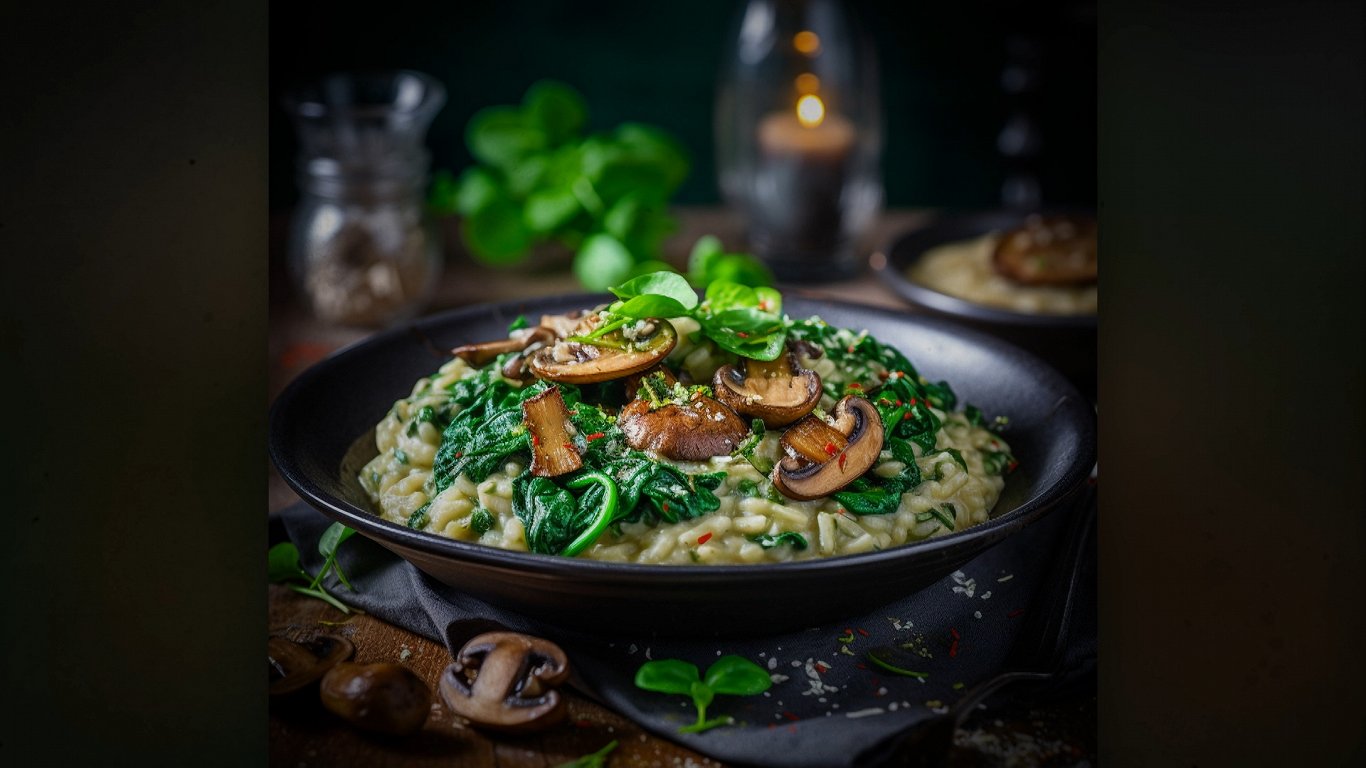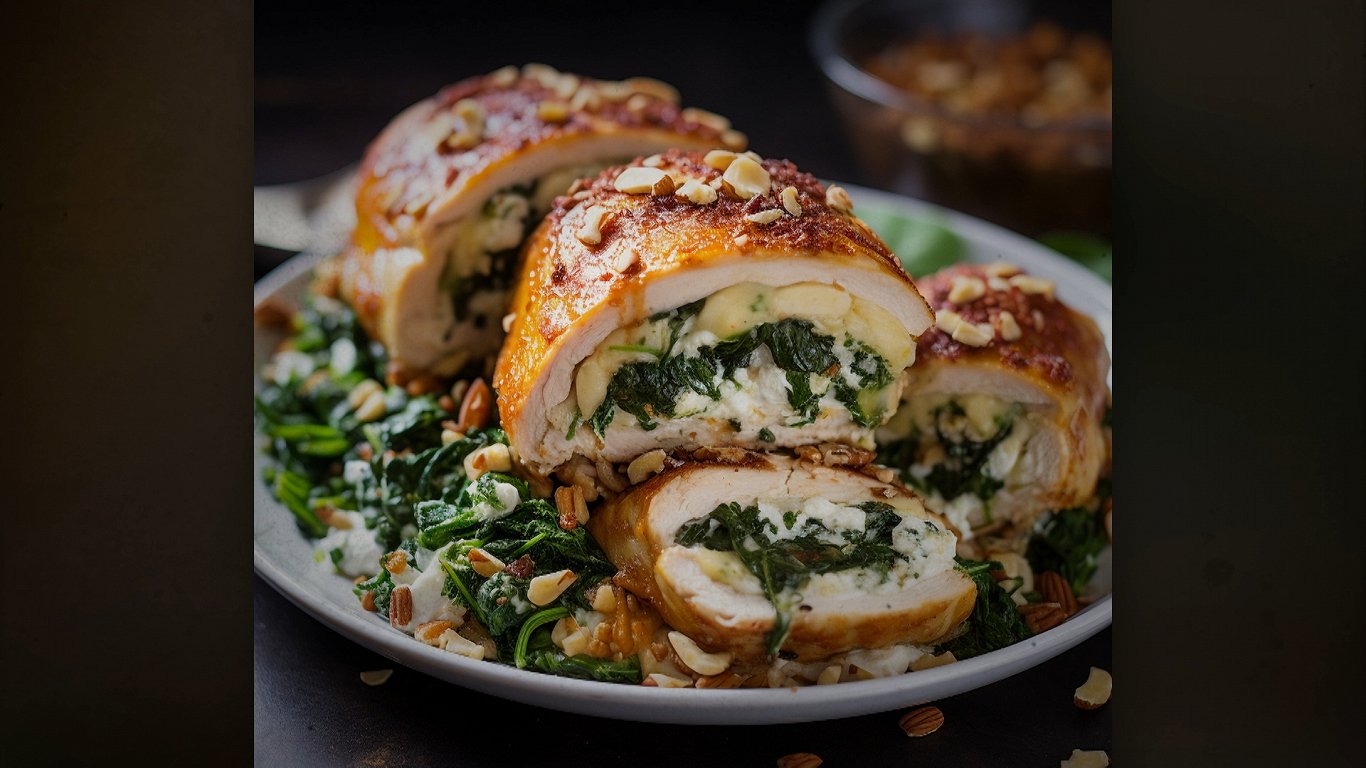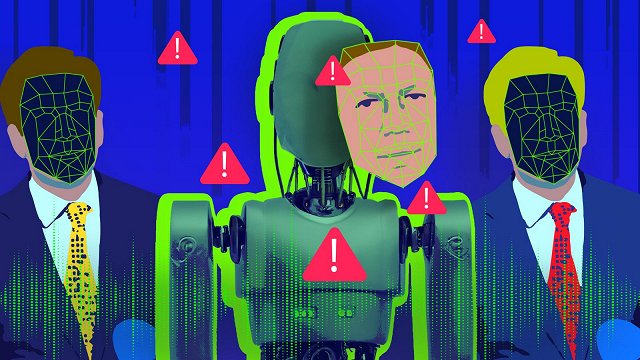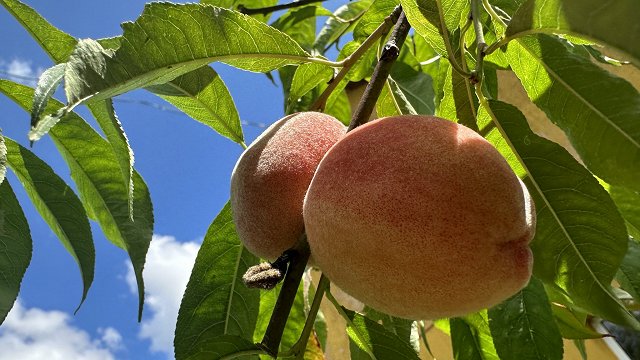In AP's latest experiment, the seemingly inescapable artificial intelligence entity ChatGPT was asked to discourse on the subject of the green-leafed salad staple so beloved of Popeye the Sailor Man, including an invitation to sound off on how healthy it is, what nutritional values are found in it, and what sort of tasty dishes can be cooked with it.
Another AI robot-type thing that deals with pictures called "Midjourney" was tasked with creating a suitable illustration to accompany sous-chef ChatGPT's création culinaire.
Of course, in the bad old days all of this could have been done by sending a journalist and photographer to a kitchen, but in this brave new world it takes only a few clicks of the mouse for AI to sift through the accumulated spinach wisdom of the ages, boil it all down and serve it up.
In this case AI generated text affirming the healthy properties of spinach which has been the subject of many a family argument about the importance of eating your greens.
AI suggested fancy recipes such as spinach and feta cheese-stuffed chicken breast, and creamy spinach and mushroom risotto in preference to the boiled spinach/steamed spinach/canned spinach combinations that would be more likely to prompt the aforementioned robust dinner-table discussion. AI did not say whether anyone should be allowed to get down from the table before clearing their plate of the iron-rich leaf.
Nevertheless, doctor and dietician Andis Brēmanis declared himself reasonably impressed with the information supplied by the disembodied megabrain.
"In terms of product composition, I think it tells quite objectively about both vitamin levels and iron in its conversation. Since its information is reliable, in this case I would say that it can be relied on," said the expert, while noting that the chicken breast and feta recipe was quite a tricky one to pull off.
Another expert, lawyer Edvijs Zandars of the Ellex Kļaviņš law firm, pointed out an additional claimed benefit of using robots to do such work, namely, that you don't have to pay anyone to write things or take pictures.
"If we look at the Latvian copyright regulation and also the regulation that exists in the European Union, the United States and elsewhere, then [..] the author of the work is a natural person. Therefore, if the specific work will actually be solely generated by artificial intelligence, with minimal or practically no human involvement, then this specific work will not enjoy copyright protection," explained Zandars.

However, Zane Blanka, the development manager of the popular "Santa" lifestyle portal, criticized the pictures generated by the robot.
"I've seen a lot of 'stock' pictures in my life, really a lot. As for where those champignons are, the champignons don't look real at all, in my opinion. But the roll filled with chicken, well, maybe I still think it's a 'stock' picture," she said.
But some kind of life is missing there, some texture of a real picture," Blanka said.
"Of course, I am not going to claim that there will be no need for artists, illustrators or graphic designers anymore, but I think that their work will also fundamentally change, the work of journalists will also fundamentally change, and how editorial offices will work in general, how the media will work," believes Blanka.
So there you have it. AP's experiment proves that Artificial Intelligence can tell you about spinach and make a picture of an imagined meal it has never cooked, let alone eaten. Despite this it can come up with a recipe – which in an old-school flesh and blood journalist would surely lead to questions about whose original recipe he or she was ripping off without acknowledging the source. ChatGPT seems to have been granted a free pass on this matter and can happily plagiarize anything it wants while we gasp in awe it its breadth of mainly reliable knowledge.
Best of all, no-one needs to be paid for this content, but on the off chance someone dies of food poisoning, there may also be no-one to sue, which is something else for hotshot lawyers to consider.
As you have probably noticed by now, this summary of AP's show was written by a human being. Personally, I'd recommend Madhur Jaffrey's Saag Aloo recipe from her seminal 1973 book Indian Cooking if you're looking for a nice spinach recipe. If don't have a copy, you can probably get a robot to find it for you online.


























